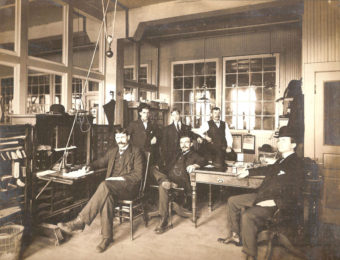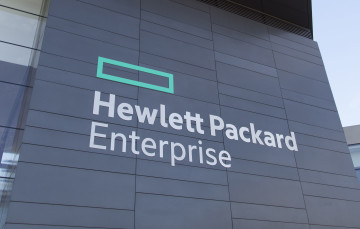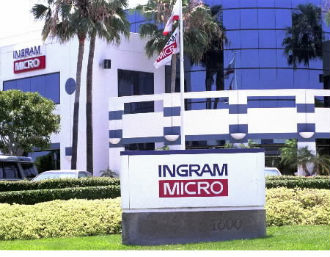 Wesley de Graaf has landed a top job at Workspace 365 after starting with the company at one of the lowest runs of the ladder.
Wesley de Graaf has landed a top job at Workspace 365 after starting with the company at one of the lowest runs of the ladder.
The Dutch company, which has 60 staff and a UK base in Manchester, offers a one-stop shop for online needs, from apps to documents.
De Graaf started as a technical support intern in 2014, but he soon climbed the ladder to become head of product, leading a team of 27 whizzkids.
Now he’s been promoted to chief product officer, taking charge of the whole team and the future of Workspace 365. It’s his first time in the c-suite.
 HPE boss Antonio Neri has admitted that the tech giant is struggling as customers are slow to buy their networking gear.
HPE boss Antonio Neri has admitted that the tech giant is struggling as customers are slow to buy their networking gear.
 US grey tin box shifter Dell’s annual sales slumped to £69.8 billion, down 14 per cent from the previous year and £10.7 billion less than its £80.5 billion record in 2022.
US grey tin box shifter Dell’s annual sales slumped to £69.8 billion, down 14 per cent from the previous year and £10.7 billion less than its £80.5 billion record in 2022. Dell and Nokia have signed a pact which they claim will revolutionise the telecom ecosystem and private 5G for businesses.
Dell and Nokia have signed a pact which they claim will revolutionise the telecom ecosystem and private 5G for businesses.  Ingram Micro is mercilessly cutting left, right, and centre jobs to save money.
Ingram Micro is mercilessly cutting left, right, and centre jobs to save money. Lenovo is trying to flog old PCs to customers who want to save a few quid and the environment.
Lenovo is trying to flog old PCs to customers who want to save a few quid and the environment. Atos has abandoned its plans to flog its Tech Foundations arm to EP Equity Investment (EPEI) after disagreeing on the price and terms of the deal.
Atos has abandoned its plans to flog its Tech Foundations arm to EP Equity Investment (EPEI) after disagreeing on the price and terms of the deal.
 Advania has found massive problems for mid-market firms in Northern Europe: they’re splashing out on the wrong tech mix with no way out.
Advania has found massive problems for mid-market firms in Northern Europe: they’re splashing out on the wrong tech mix with no way out. A study by Gartner has found that CFOs are getting more involved in shaping their firms’ AI strategies.
A study by Gartner has found that CFOs are getting more involved in shaping their firms’ AI strategies. Private equity giant KKR is set to snap up VMware’s end-user computing (EUC) division for a whopping £3 billion.
Private equity giant KKR is set to snap up VMware’s end-user computing (EUC) division for a whopping £3 billion. Focus Group has snapped up the Bristol-based cloudy outfit Pinnacle in a deal that will boost its business across the Southwest and beyond.
Focus Group has snapped up the Bristol-based cloudy outfit Pinnacle in a deal that will boost its business across the Southwest and beyond. A shocking data leak has blown the lid off China’s secret cyber spying operation, which has targeted countries like the UK, India, and Taiwan.
A shocking data leak has blown the lid off China’s secret cyber spying operation, which has targeted countries like the UK, India, and Taiwan. A UK cyber start-up, CultureAI, has teamed up with Ignition to peddle what could potentially be some controversial AI tech.
A UK cyber start-up, CultureAI, has teamed up with Ignition to peddle what could potentially be some controversial AI tech.




